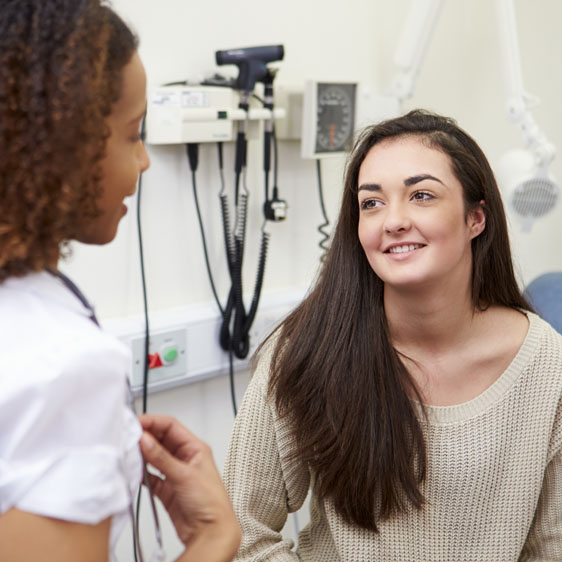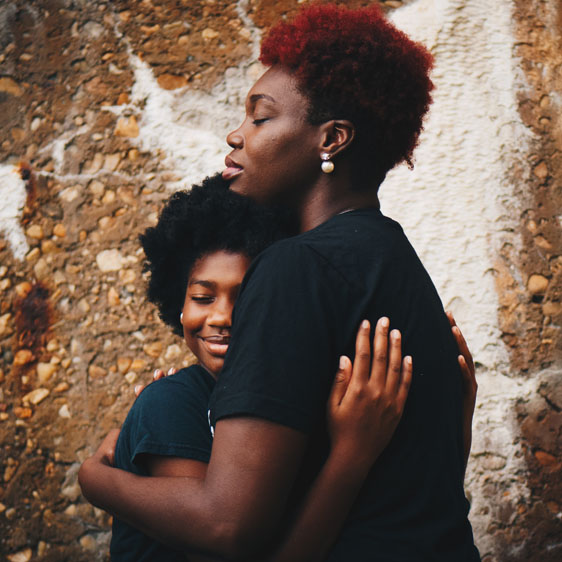
Puberty can be a difficult time for any teen, but it comes with special challenges for young girls. Particularly at this time of life, mothers can guide their daughters with open conversations.
"Just as mothers may experience the rollercoaster changes of perimenopause, preteens enter into similar emotional and physical ups and downs of puberty as their bodies and minds go through this important transition," says Eve Ashby, D.O., board-certified gynecologist and author of the book "Puberty Survival Guide for Girls."

1. Her period.
Most girls have their first period two years after they begin puberty, which starts around age 11. As she approaches this age, talk to your daughter about the changes she can expect from her body.
2. Sex.
"The conversation surrounding HPV vaccination which is offered at 11-12 years of age is a good time to open up the conversation about sexual activity and ways to protect your teen from sexually transmitted infections and pregnancy," says Dr. Ashby.
It’s not an easy conversation, but it’s an important one, so touch on boundaries, consent and contraception early on. Discussing contraception is not necessarily giving permission to become sexually active. Letting her know how to protect her body will help her be more aware of her sexuality and the risks of sexual behavior.
"Using birth control pills to control heavy cycles or cramps can introduce young girls to the proper use of the pill," says Dr. Ashby. "The decision to have sex is based on peer pressure and partner availability not on the accessibility of birth control. Therefore having an honest talk about sex and it’s risks will help your daughter make an informed decision about her body."

3. The gynecologist.
Girls should schedule their first gynecologist appointment around age 13 to 15. The visit might only be a talk with her doctor, but it can also include a pelvic exam, so talk with your daughter to make sure she knows what to expect.
4. Mental health.
Talk through the many ways mental illness can manifest, and educate yourself on common symptoms so you can help if you notice your daughter struggling.
Read More: Have a Teen Coffee Drinker? Consider This.
5. Self-esteem.
 Negative self-talk and body image are common during teenage years, so let her know she can come to you if she’s feeling bad about herself. You can help ensure that she doesn't feel ashamed of her body, thoughts, fears or concerns.
Negative self-talk and body image are common during teenage years, so let her know she can come to you if she’s feeling bad about herself. You can help ensure that she doesn't feel ashamed of her body, thoughts, fears or concerns.
"The changes in a young girl’s body while going through puberty are sometimes drastic and overwhelming," says Dr. Ashby. "Try to encourage your daughter to make mindful nutritional food choices and exercise daily. This will help her become accepting of her changing body. It will also give her confidence in knowing she is helping her body and mind adjust to her changing hormones in the healthiest way."
Don't have a gynecologist for your daughter or you? Find a caring provider online.
